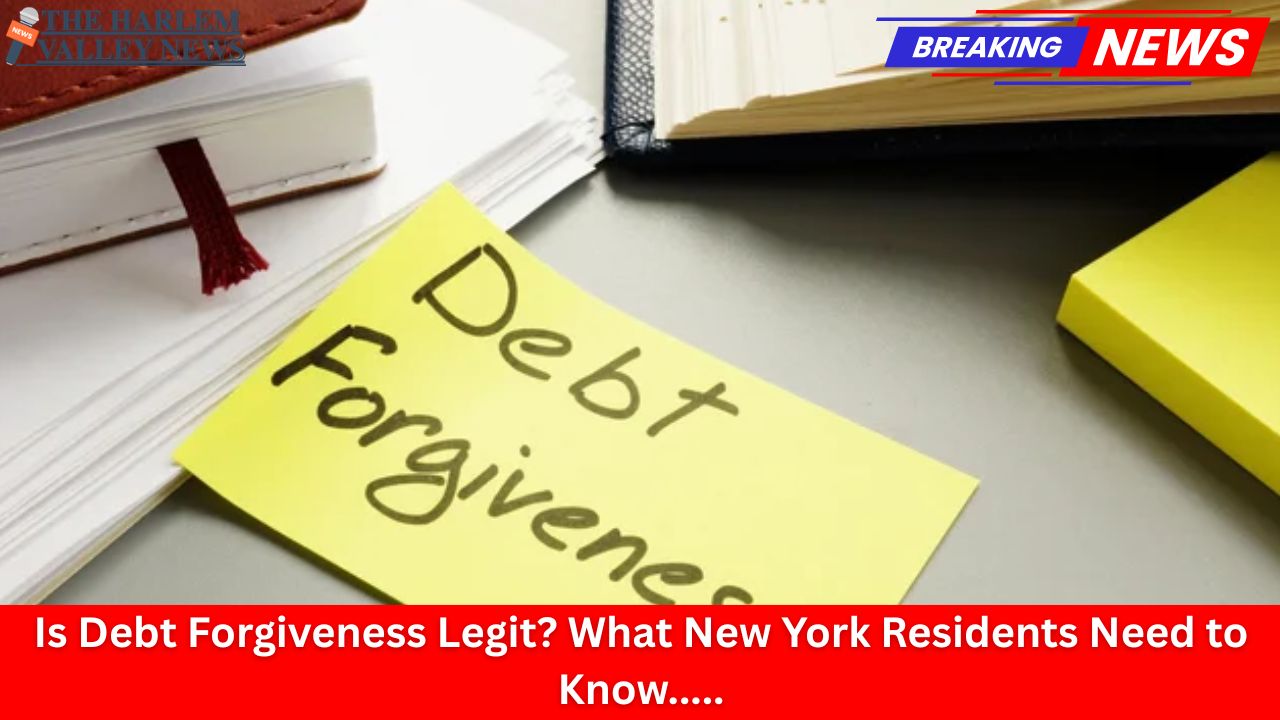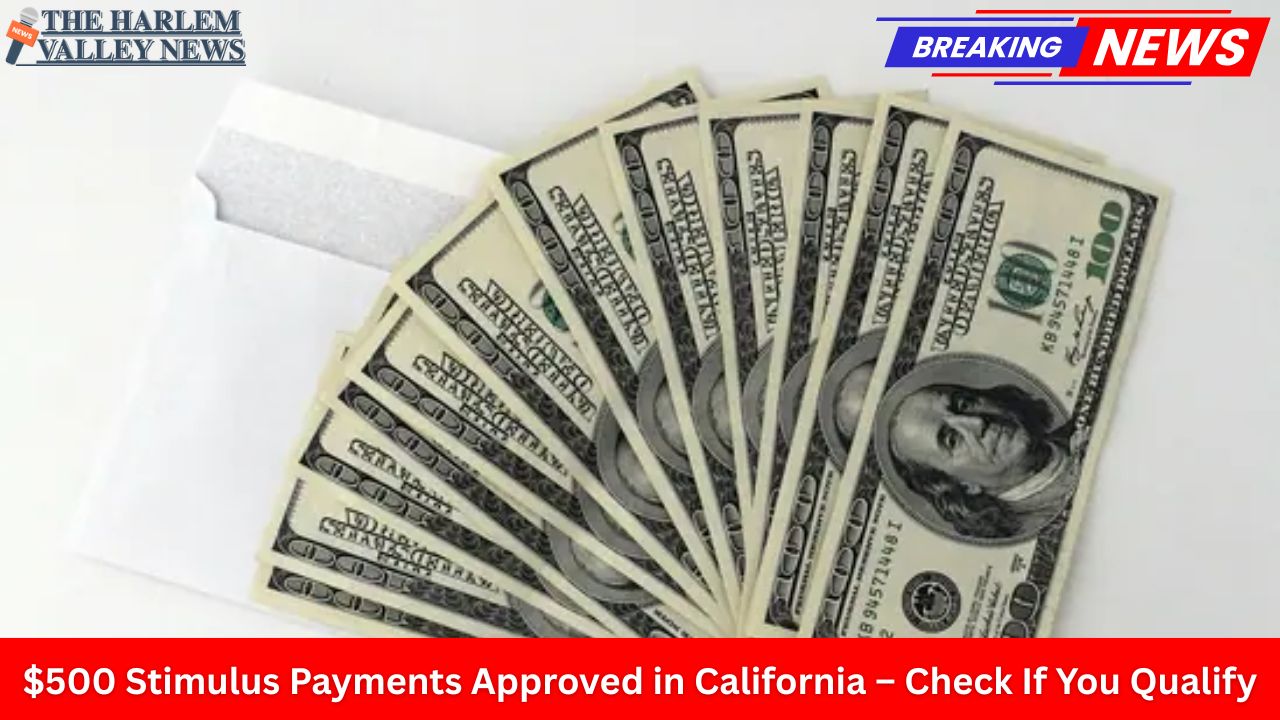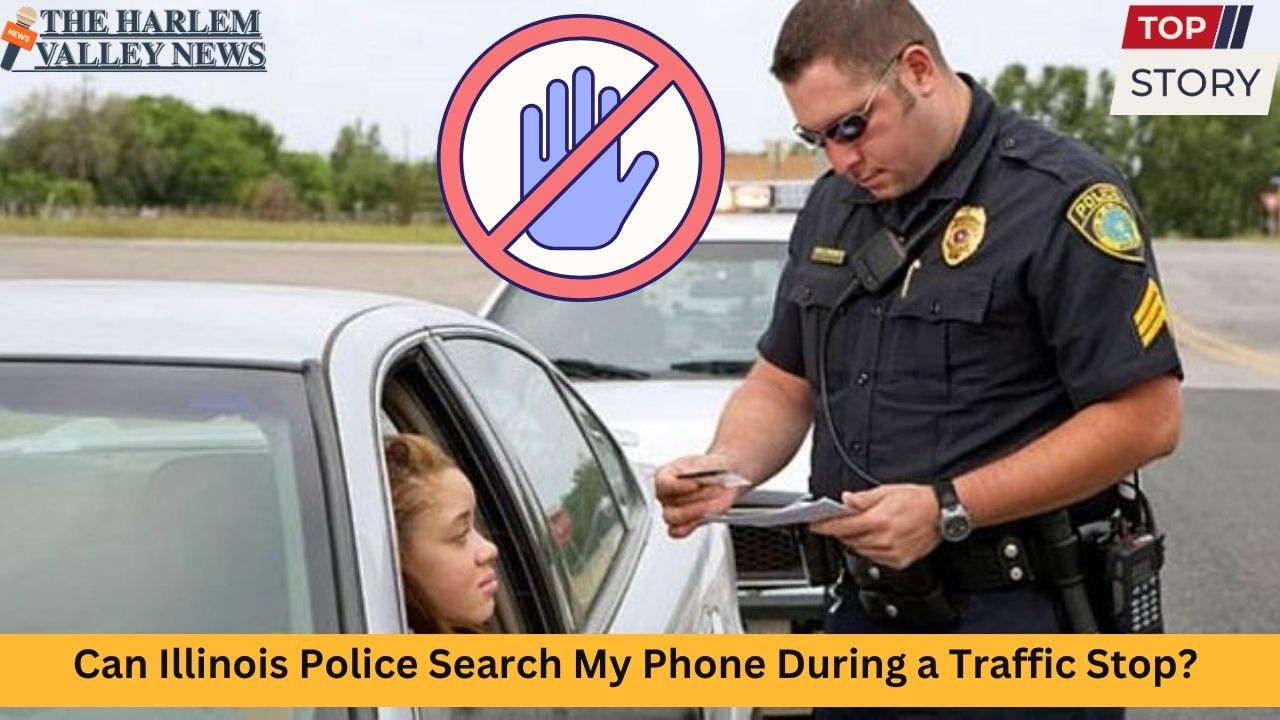Debt forgiveness programs have become highly visible across the United States, especially in the wake of economic uncertainty and rising personal debt. For residents of New York—a state known for its diverse economy but also high living costs—the allure of wiping away debt can be irresistible. However, with increased attention comes a flood of conflicting information, scams, and legitimate offerings. Understanding the reality and legality of debt forgiveness is essential for New Yorkers seeking financial relief.
Comparison of Common Debt Forgiveness Options
| Option | Description | Eligibility Considerations | Potential Risks |
|---|---|---|---|
| Federal Student Loan Forgiveness | Government programs eliminating part/all of federal student loan debt | Federal loan type, income, job sector | Tax implication |
| Credit Card Debt Settlement | Negotiation with lender for reduced lump-sum payment | Proven financial hardship | Credit score impact |
| Bankruptcy | Legal process discharging specific debts via court | Income/assets review, debt type | Asset loss, stigma |
| Medical Debt Forgiveness | Hospitals/charities eliminate all or part of medical bills | Low income or significant hardship | Limited scope |
| Public Service Forgiveness | Program for public sector workers forgiving loans after certain years | Government/nonprofit job, payments | Policy changes |
| Scam Operations (Illegitimate) | Promises of total debt removal for upfront payment; often fraudulent | None | Financial loss, ID theft |
What Is Debt Forgiveness?
Debt forgiveness refers to the partial or total cancellation of debt owed by individuals. In the United States, it is available through various forms—some through federal and state programs, others through negotiation or legal proceedings. In New York, debt forgiveness is most commonly seen in student loans, medical bills, credit card debt, and sometimes mortgage or utility debts.
A critical distinction is that “forgiveness” does not always mean “erasure without consequences.” Certain types, such as loan forgiveness programs, are structured and regulated by government agencies with clear eligibility, while settlements or bankruptcy carry repercussions like credit score reduction, tax obligations, or changes in asset ownership.
Legitimate Types of Debt Forgiveness
-
Federal and State Programs: New Yorkers may qualify for federal student loan forgiveness programs, such as Public Service Loan Forgiveness, if they work for nonprofit or government entities. Some state programs target specific professions or hardship cases. These programs are regulated and have explicit application processes, which often take years of regular payments and verified employment before eligibility.
-
Debt Settlement: This involves negotiating with creditors to accept less than the full amount owed, usually in a lump sum, as full payment. Debt settlement is legal but impacts credit scores and the forgiven amount might be considered taxable income.
-
Bankruptcy: Filing for Chapter 7 or Chapter 13 bankruptcy can result in some debts being legally discharged by court order. While bankruptcy can offer a fresh start, it has serious consequences for credit standing and can lead to loss of personal assets.
-
Medical and Charitable Forgiveness: Many non-profit hospitals have financial assistance programs, and some charities offer relief or grants to help with medical or utility bills. These are genuine but typically require thorough documentation of hardship.
Red Flags: Identifying Debt Forgiveness Scams
Unfortunately, debt relief is an area rife with scams targeting vulnerable individuals. Illegitimate operators may promise to erase all debts for a large upfront fee, request sensitive personal information such as bank accounts or Social Security numbers, or guarantee results too good to be true.
Legitimate programs never ask for payment upfront before providing service, and they disclose all possible risks, including potential tax consequences and credit impacts. The Federal Trade Commission (FTC) warns consumers to avoid offers from companies that guarantee that debts will disappear or solicit fees before providing actual assistance.
Tax Implications for New Yorkers
It is vital to understand that in many circumstances, the IRS considers canceled debt as taxable income—meaning that if you settle a $10,000 debt for $4,000, the $6,000 forgiven may be reported as income that could raise your tax bill. Federal student loan forgiveness under certain programs may be excepted, especially following recent legislative changes, but this can change and may vary by program and timing.
In New York, state tax laws often follow federal guidelines, meaning you may owe New York State income taxes on the forgiven amount unless specifically exempted. Taxpayers should consult with a tax professional to examine their unique circumstances.
Protecting Yourself from Fraudulent Offers
Residents should take several steps to verify the legitimacy of any debt forgiveness offer:
-
Ensure any company or program is registered with New York State’s Department of Financial Services, the Better Business Bureau, or a similar regulatory authority.
-
Avoid paying fees before you receive service—it is illegal in New York for most for-profit debt relief companies to collect upfront fees.
-
Do not share personal financial or identification information without confirming the legitimacy of the program.
-
Carefully read all contracts and disclosures; ask about any risks, fees, or long-term impacts.
Getting Help: Where New Yorkers Can Turn
For those overwhelmed by debt, resources are available:
-
Non-profit credit counseling agencies offer guidance and negotiate on behalf of consumers for free or at low cost.
-
Legal Aid services provide assistance to those eligible.
-
New York’s Department of Financial Services offers consumer protection and complaint resolution.
Speaking with certified counselors or attorneys can help you identify genuine, relevant programs and avoid scams. It is always best to ask questions, research on your own, and involve a trusted third party if anything feels suspicious.
Conclusion
Debt forgiveness can provide genuine relief for New York residents, but it is not a cure-all and comes with obligations and potential consequences. While many reputable programs exist—particularly through government channels—scams are common. Always prioritize due diligence, understand the full scope of the relief program (including credit and tax effects), and never pay for promises that sound too good to be true. By staying informed and vigilant, New Yorkers can navigate debt forgiveness options more safely and effectively.

















Leave a Reply